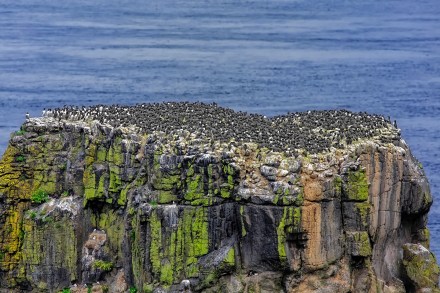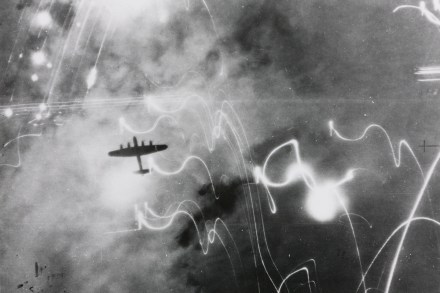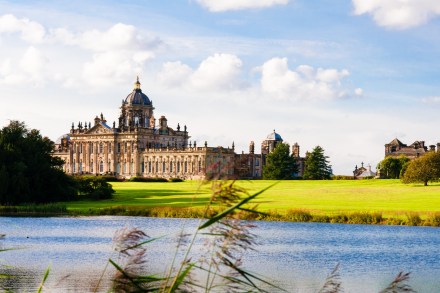Ireland through the eyes of a brilliant teenage naturalist
Dara McAnulty is a teenage naturalist from Northern Ireland. He has autism; so do his brother, sister and mother — his father, a conservation scientist, is the odd one out. This book records a year in the life of a gifted boy in an unusual family. Minutely detailed observations of birds, insects, trees and weather are woven into an ecstatic description of the unrolling of the seasons. It is also an impassioned and original plea for protection for ‘our delicate and changing biosphere’. The diary is valuable in several ways. The writing of it is necessary to Dara himself, his means of processing his experiences. When he’s outside, absorbed in





















